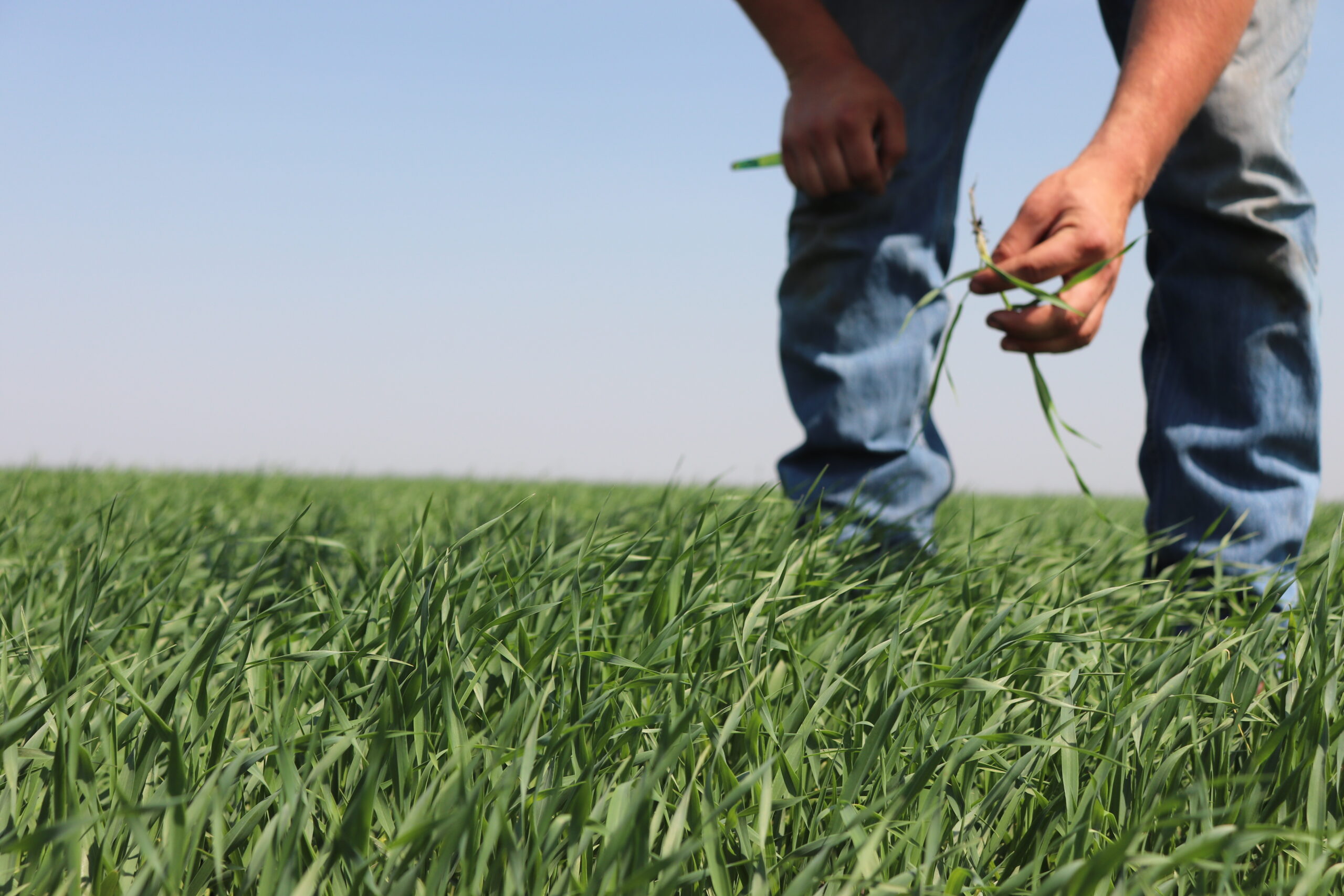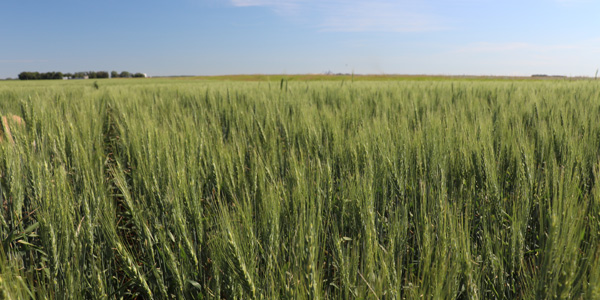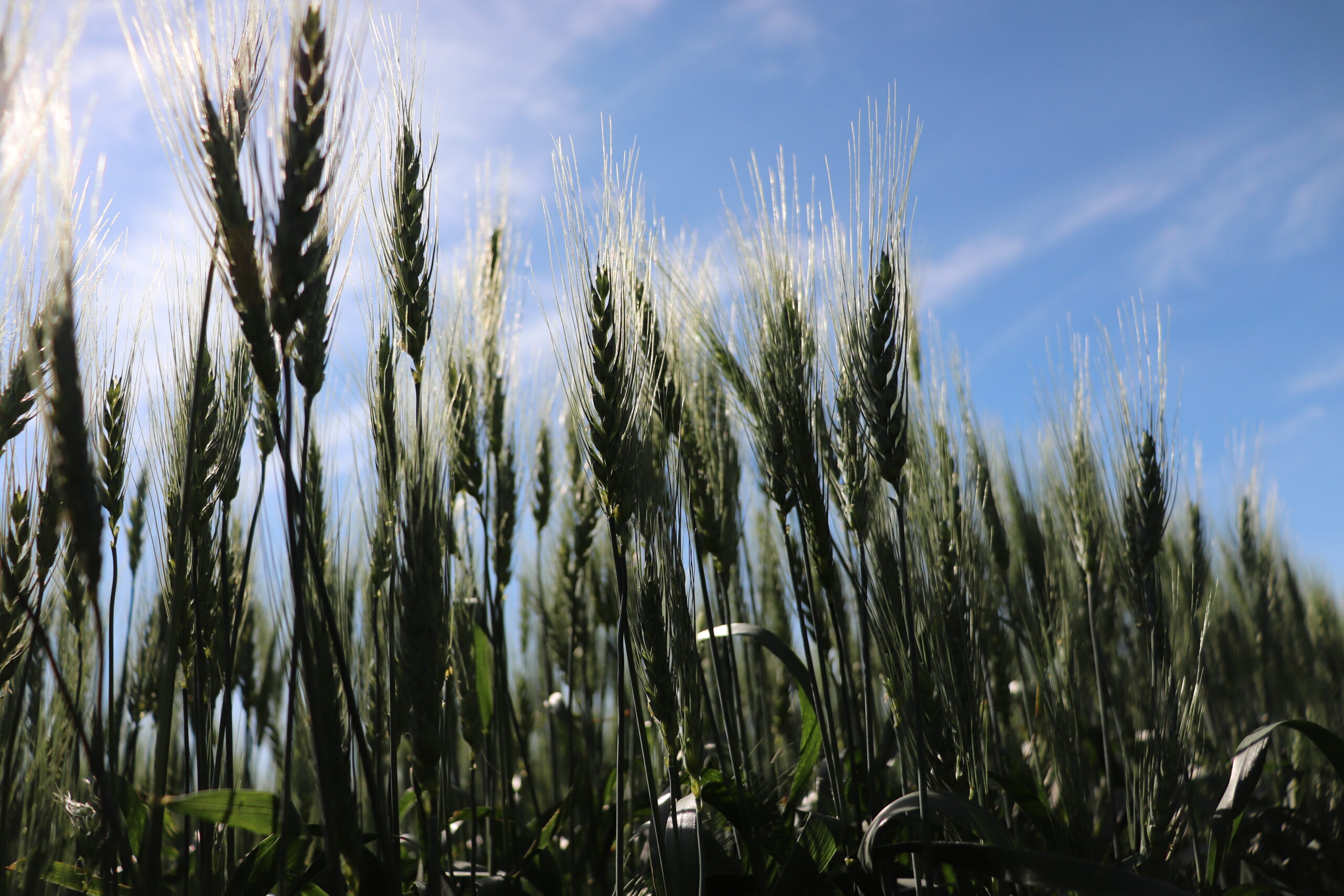Functional use of core pathogenicity genes to develop mitigation strategies against blackleg of canola and FHB of wheat
Crop Types
- Wheat
Collaborating Locations
AAFC SaskatoonThe most desirable approach to protect crops against pathogens is to breed cultivars with disease resistance (R) genes. However, current methodologies to discover new R genes are labor intensive and are limited by germplasms that are effective against a single or a few isolates of a pathogen. This is further exacerbated by crop domestication where purging of genetic diversity in elite lines relative to older land races and ancestral species, resulting in limited/small gene pools that lack the immunodiversity needed to respond to emerging pathogens. One of the solutions is to harness the natural immunodiversity of crop relatives and ancestral species to identify new R-genes. While this approach holds tremendous promise, it suffers from its challenge; how do you identify useful and deployable R-gene diversity from poorly studied species? This proposal uses an innovative, functional approach that harnesses the natural diversity of pathogen effectors to identify both resistance and susceptibility genes.
Objectives
- Define the core effector (pathogenicity) genes of F. graminearum, L. maculans, and their related species.
- Develop core effector deletion libraries from L. maculans and F. graminearum
- Assess functional diversity of core effector genes of L. maculans and F. graminearum
- Principal component analysis (PC) used to display polymorphisms of 16 wheat varieties used in this proposal











